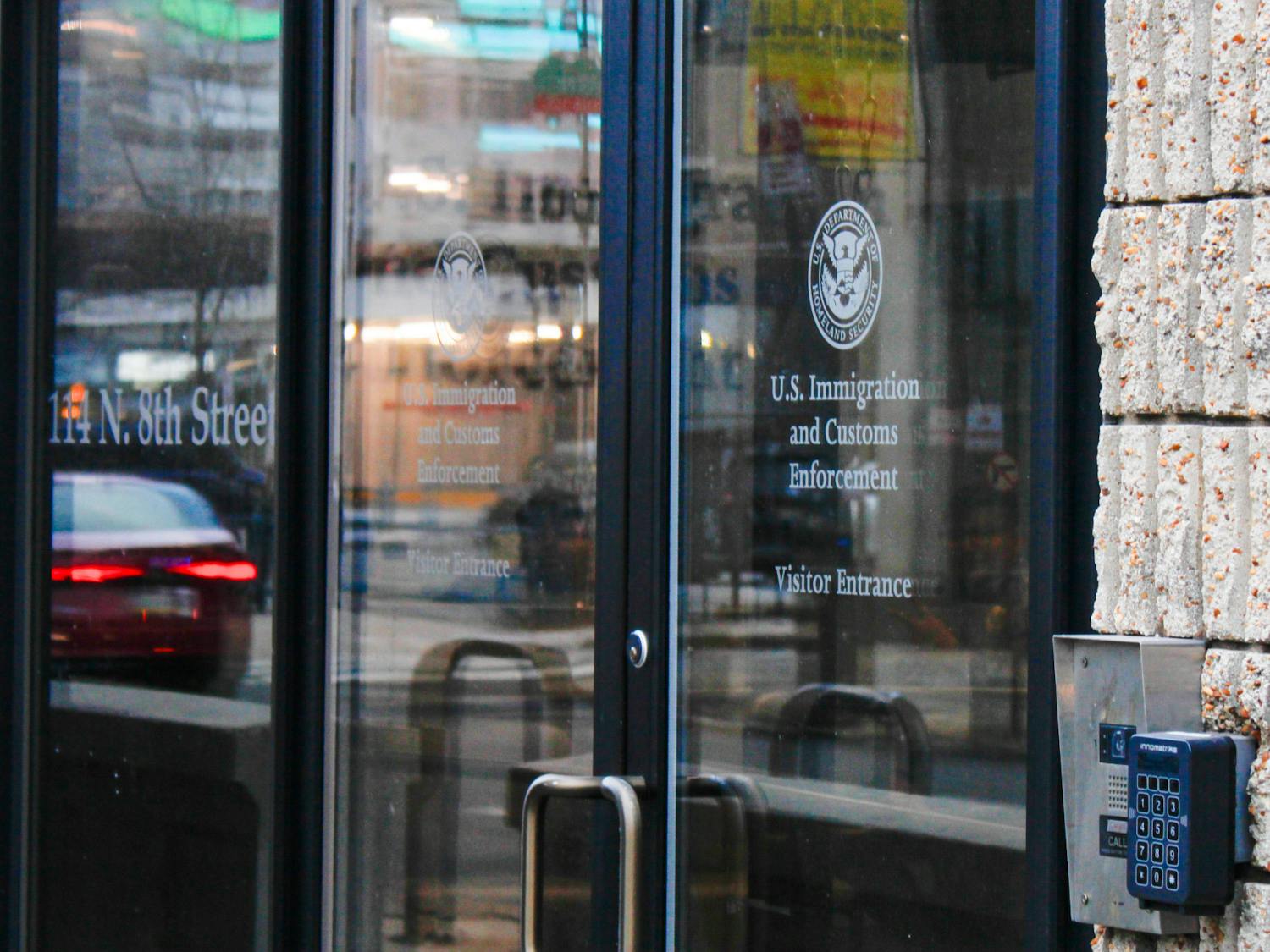In his op-ed piece that appeared in The Daily Pennsylvanian (“Shutting down the debate,” March 11), Prameet Kumar views professor Ania Loomba’s current standpoint on Modi’s invitation to be in contradiction to her prior assertion about the need for debate.
As quoted by him, Loomba had said on the BDS issue, “Every political issue has to be debated.” Then why is Loomba now opposing an invitation by the Wharton India Economic Forum to the Chief Minister of Gujarat, Narendra Modi? Let me say it emphatically: Modi was not invited to Penn for a debate. He was invited as a plenary speaker per which he would have shared his rhetoric about Gujarat’s development to an already sympathetic audience.
Agreeing to speak at Penn was a political move for Modi — it would have assisted him in obtaining legitimacy for his “developmental” agenda, while simultaneously erasing his involvement with the Godhra riots. Prameet is right in pointing out that Modi is widely supported and might very well be the prime minister of India one day, which is precisely the reason that his extremely powerful position required Loomba and other professors to launch an exceptional protest, especially keeping in mind that Modi’s supporters have been known to thwart any protests against him in India (like the recent incident in New Delhi).
Loomba’s call to retract Modi’s invitation is actually consistent with her past politics since it is only through a call to rescind his invitation that a debate about Modi’s politics could have begun.
Prameet states that he has no “strong” political leanings on either the Israel-Palestine conflict or Modi. I want to ask him if he has “strong” political leanings on any issue. Prameet, a Wharton alumnus, seems to be in favor of a “depoliticized” and technocratic form of political participation, in which political agency is exerted according to a rulebook. Anyone who has ever cared “strongly” — unlike the author — about a political agenda will know that political participation requires one to respond to the needs of political contingencies. In the case of the BDS conference, the political contingency required Loomba and company to bring the issue to the forefront by facilitating a debate. In the case of Modi, the debate could have only begun by a call for withdrawing invitation.
Prior to coming to Penn, I received a bachelor’s degree and master’s degree from the University of Delhi, where I witnessed an active tradition of protest and political participation amongst both the student body and professors. I felt a marked absence of political engagement by both at Penn.
For the first time in the two years I have been here, I have seen students and faculty become politically engaged on campus by beginning a very important conversation about vulnerable populations and their place in the discourses of development.
Shashank Saini is a doctoral student in anthropology at Penn.
Related
Topic Page: Community responses
3/10/13: Petition against Narendra Modi speaking at the Wharton India Economic Forum
3/7/13: Backlash results from cancellation on Indian state minister








